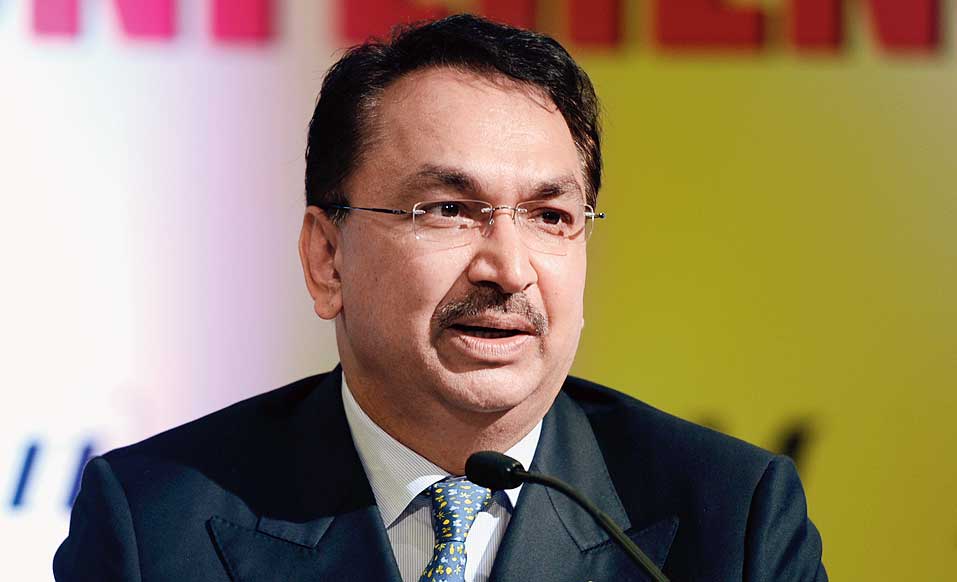Japanese auto major Toyota Kirloskar Motor is concerned about the future of diesel cars even as stricter emission and safety norms kick in after the implementation of the BS-VI regime.
“Even though BS-VI compliant diesel engines have cleaner emissions, we do not know if the government will allow diesel vehicles in its drive for electrification,” Vikram Kirloskar, vice-chairman of Toyota Kirloskar Motor, said on the sidelines of the two-day Future Mobility Conference 2019 in Bangalore last month.
Calling for policy stabilisation, Kirloskar said, “The conversion to BS-VI alone will involve an investment of around Rs 30,000 crore. We are wondering what the future policy on diesel will be. Normally, vehicles have a lifecycle of seven to eight years for body and 12-15 years for drivetrains. If there is a policy change every three years, it is not beneficial for either the original equipment manufacturers (OEMS) or the customers.”
While acknowledging that emission norms were needed, Kirloskar suggested “industry-wise carbon taxation”.
Instead of sin tax and promotion tax, he called for high carbon and low carbon tax to achieve energy efficiency and energy security. “The government should look at the sources of energy and emission levels rather than taxing technology. There should be a long-term clear policy to ensure higher investments,” said Kirloskar.
The company is banking on increased mobility and higher car penetration in the Indian market.
“When we are experiencing 7-8 per cent growth, we should have a higher penetration of cars in the market. India has one of the lowest penetration in terms of automobiles. We need at least a quarter of the kind of car penetration that the US has,” Kirlosakr said.
On the Toyota-Suzuki collaboration, Kirloskar said Toyota would learn how to make smaller cars at a lower cost.
On Toyota’s attempt at small cars with the Etios and Etios Liva, he said, “We were ahead of the market. We did well with large cars but as far as our smaller cars were concerned we were ahead of the times in terms of safety and environment and our customers were not willing to pay for that.”
He felt with the new regulations coming in, the market will open up for Toyota’s global cars. “Taxi owners find our Etios very reliable and are now ready to pay for them,” said Kirloskar, who has an 11 per cent stake in the company.











